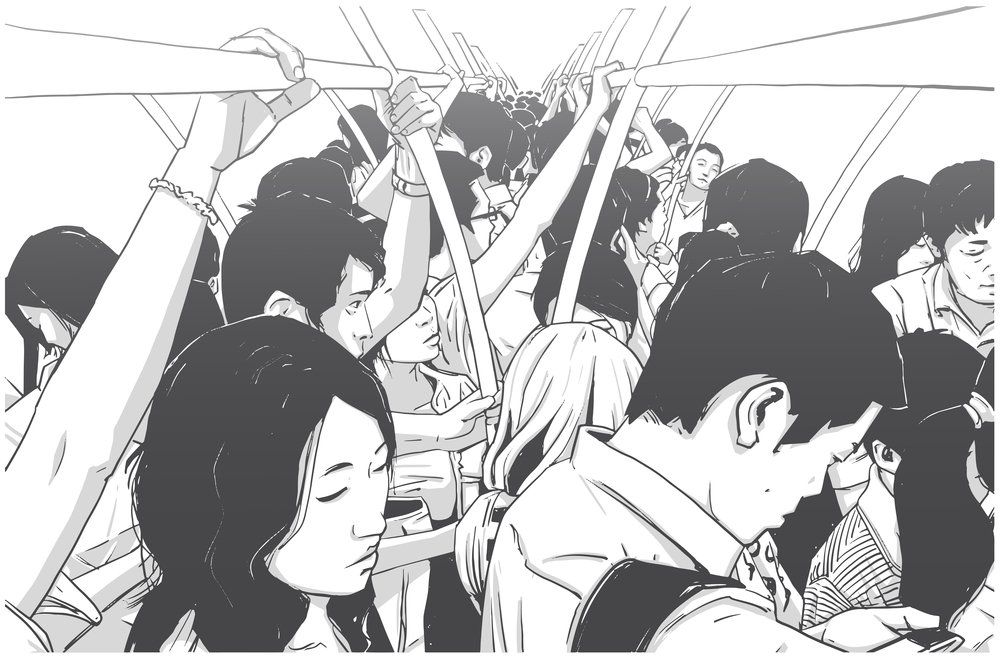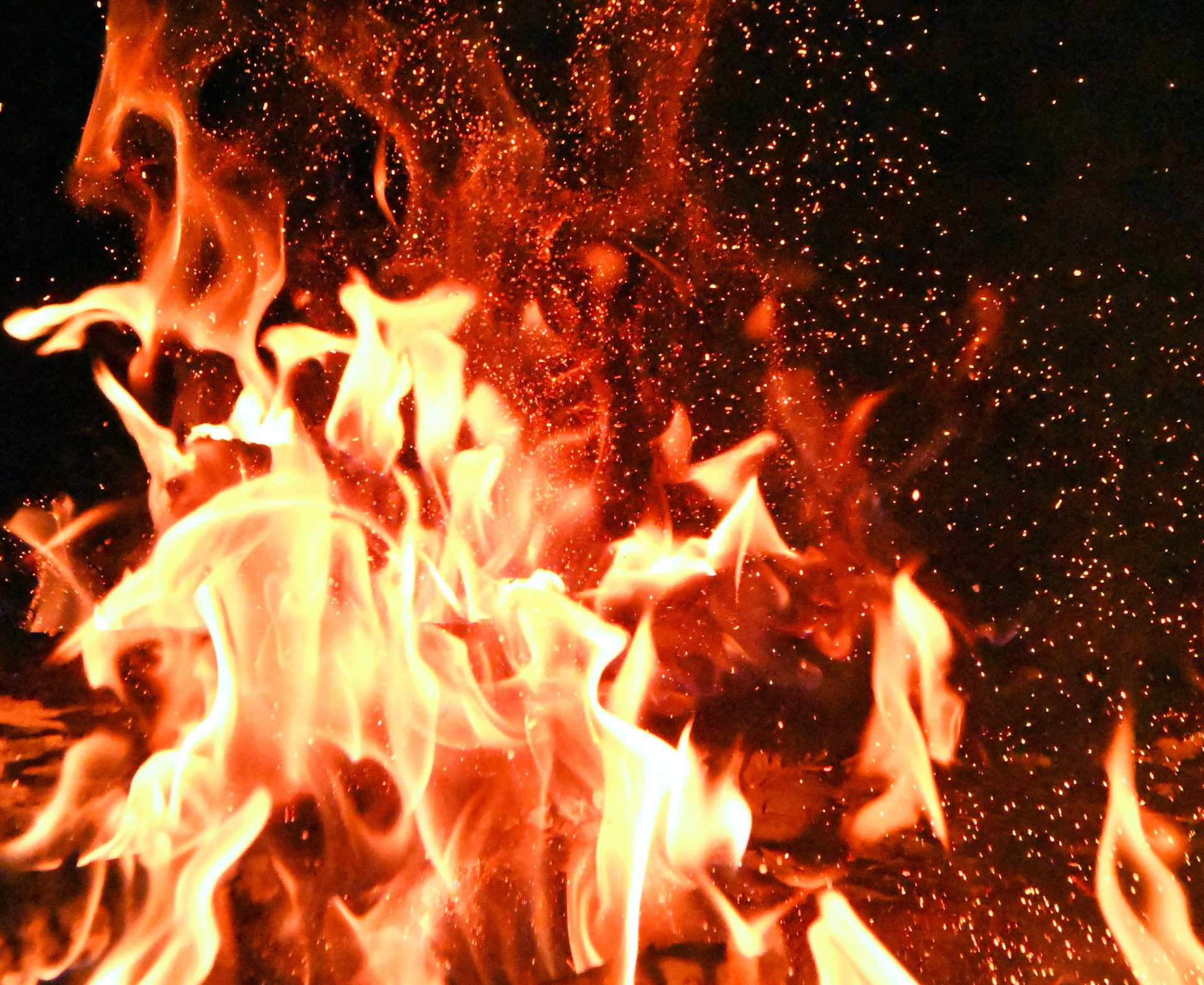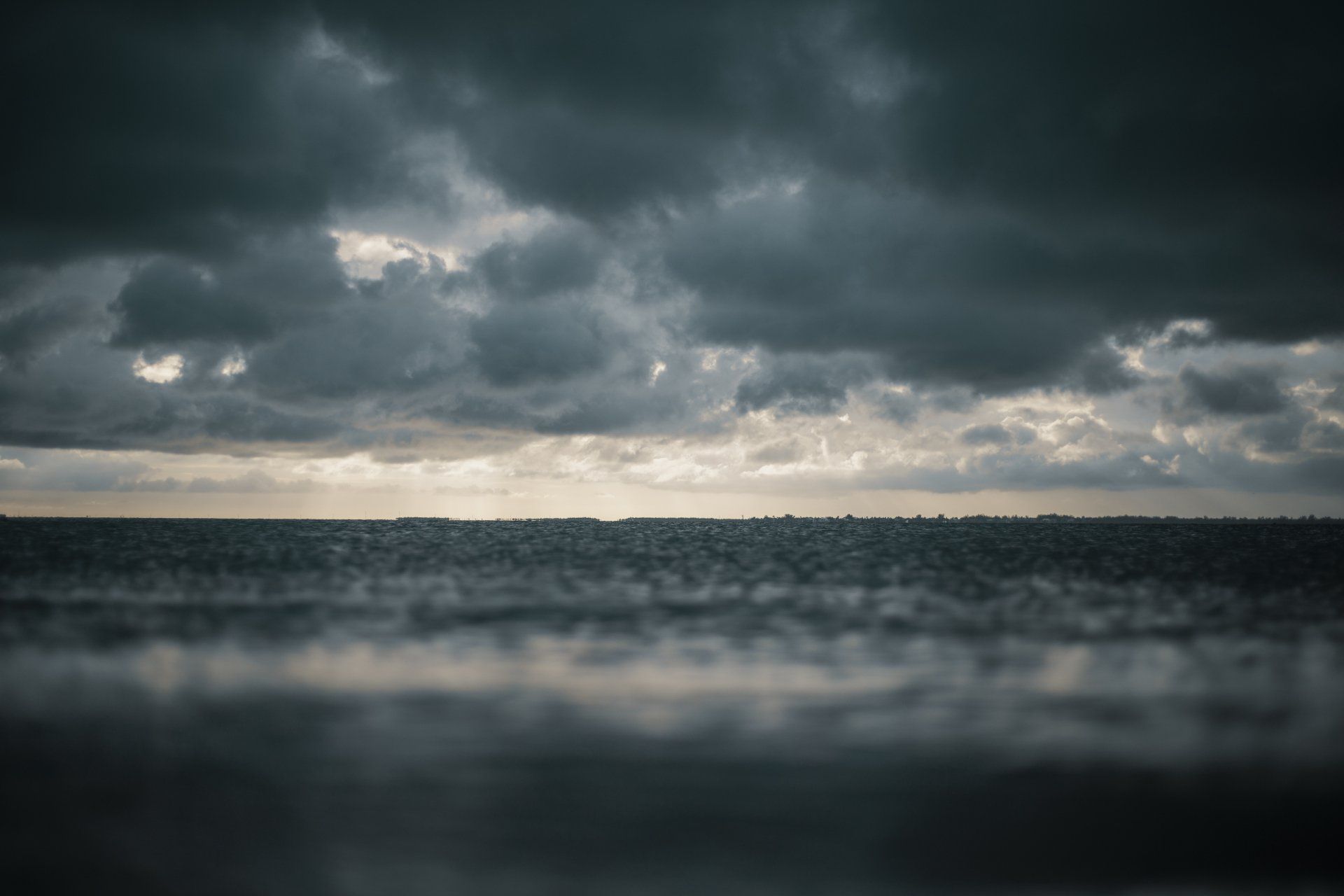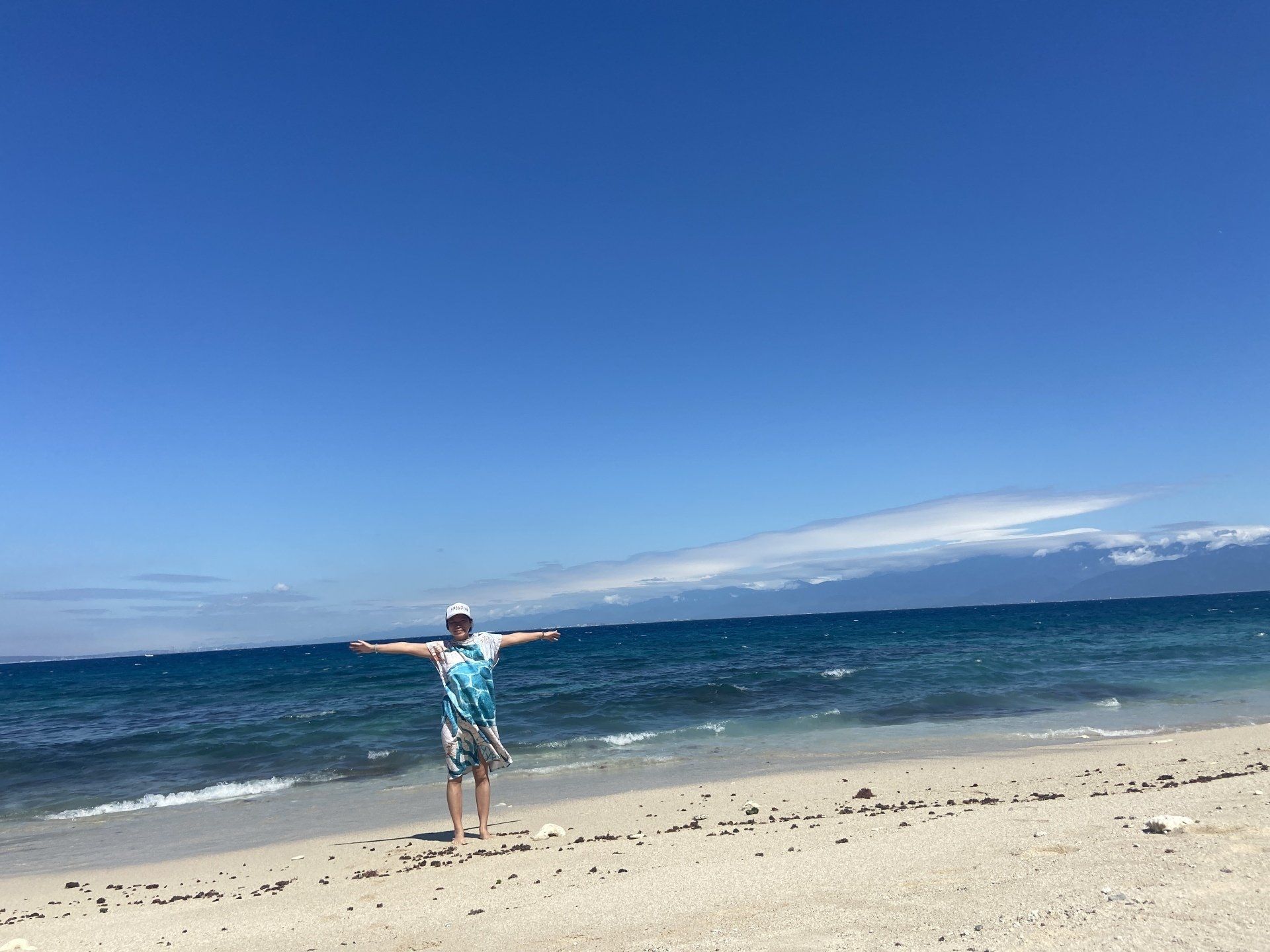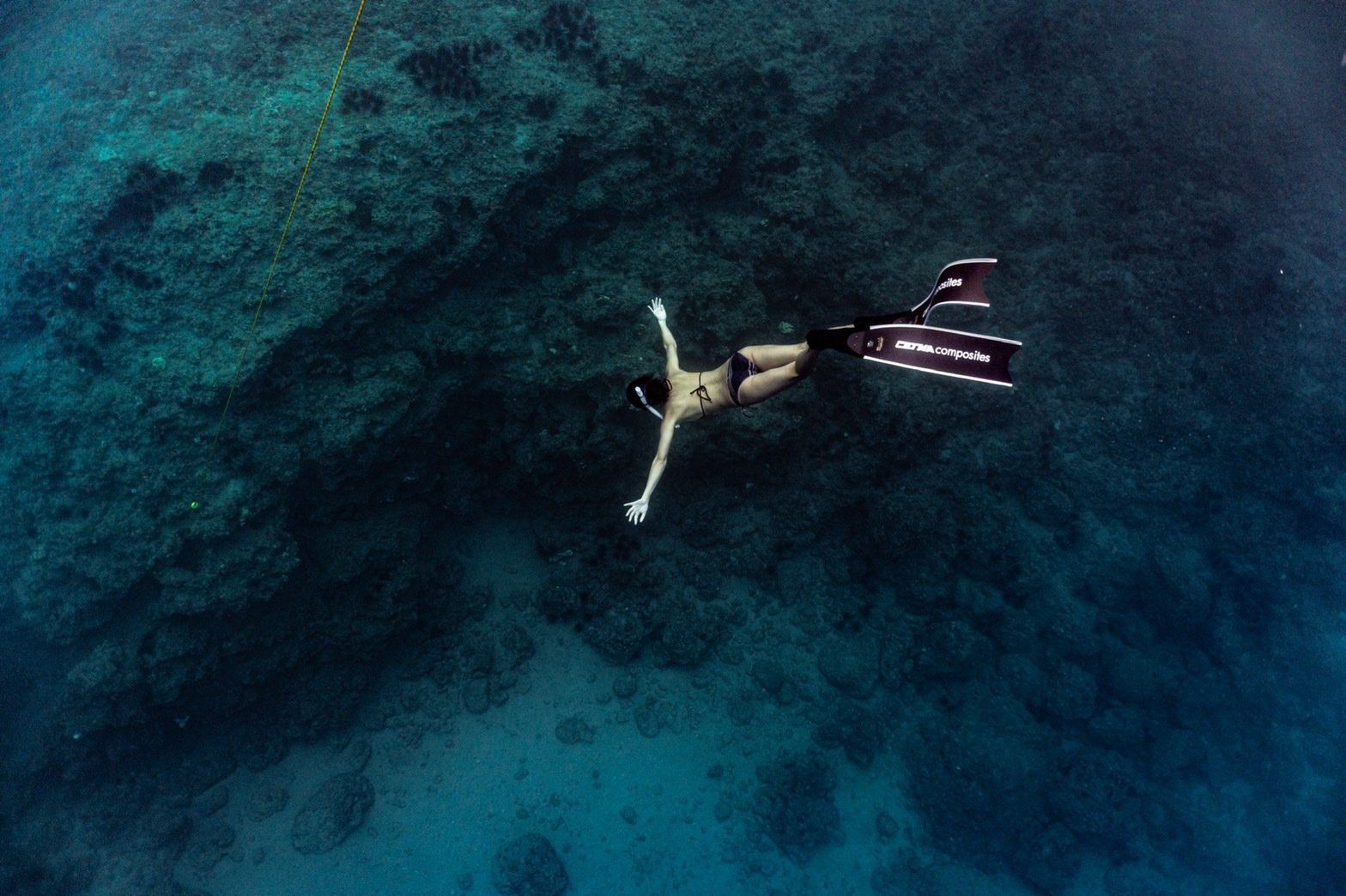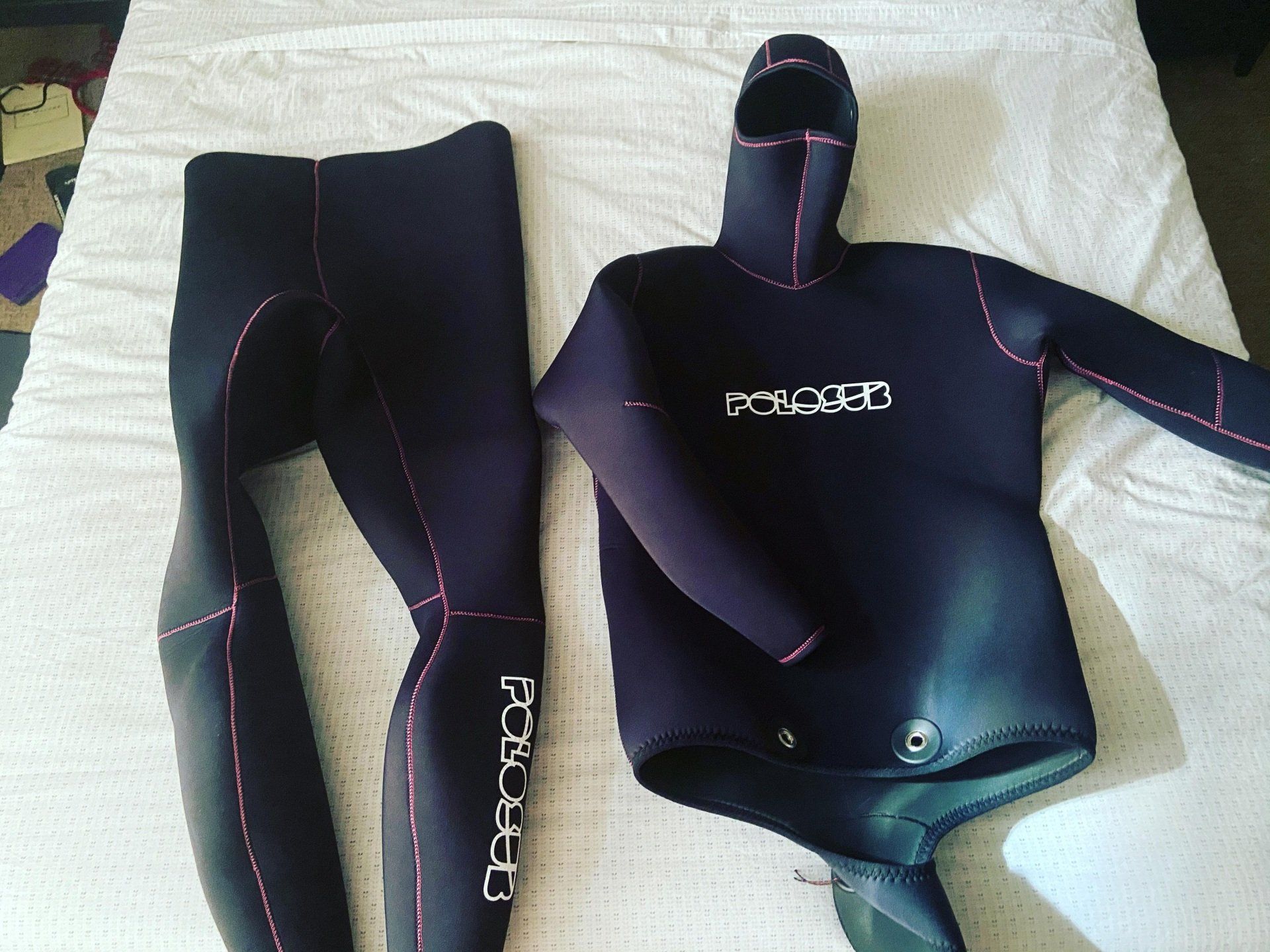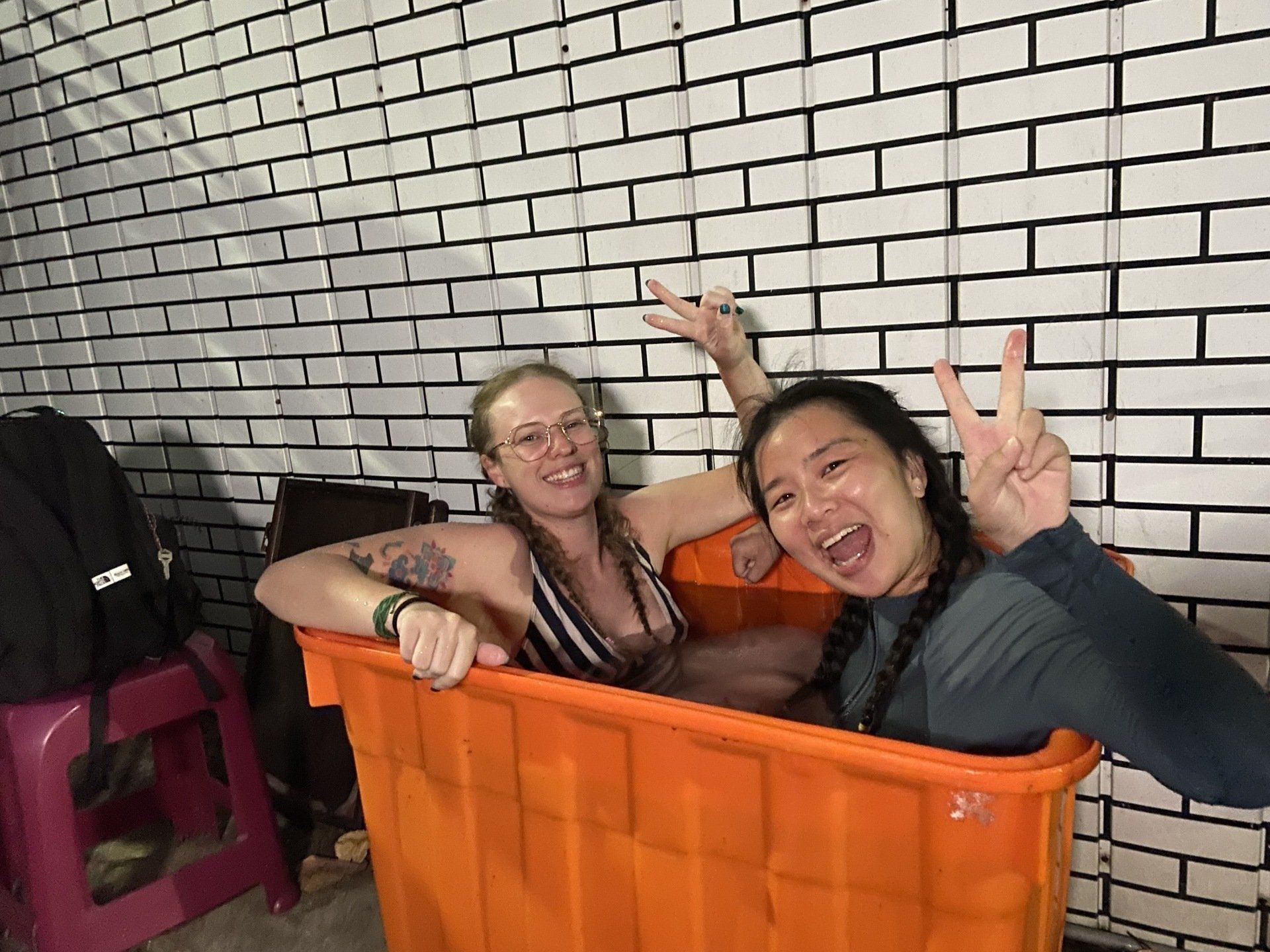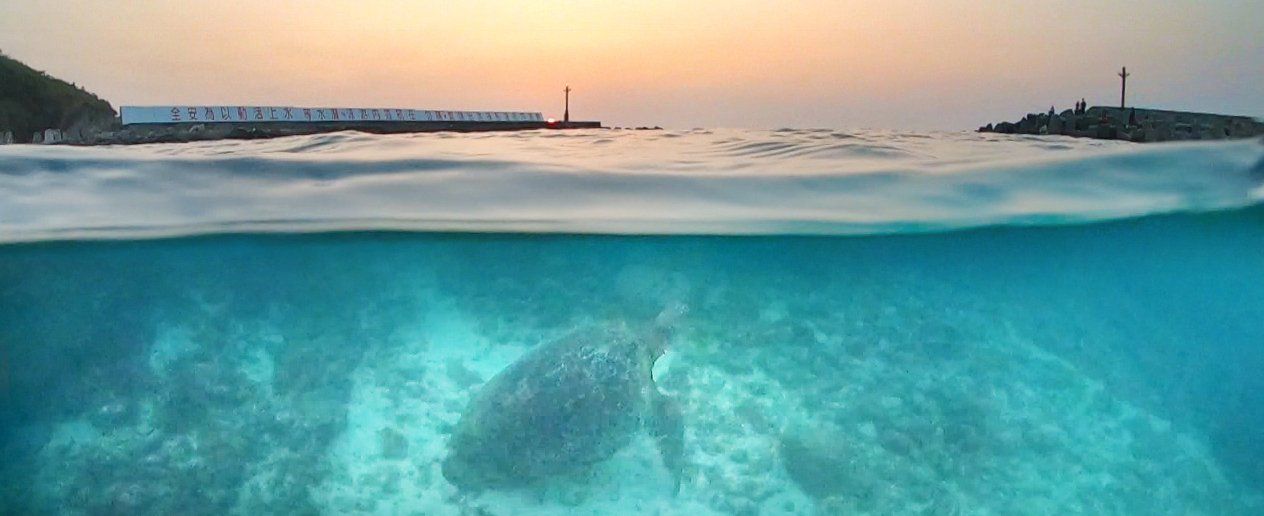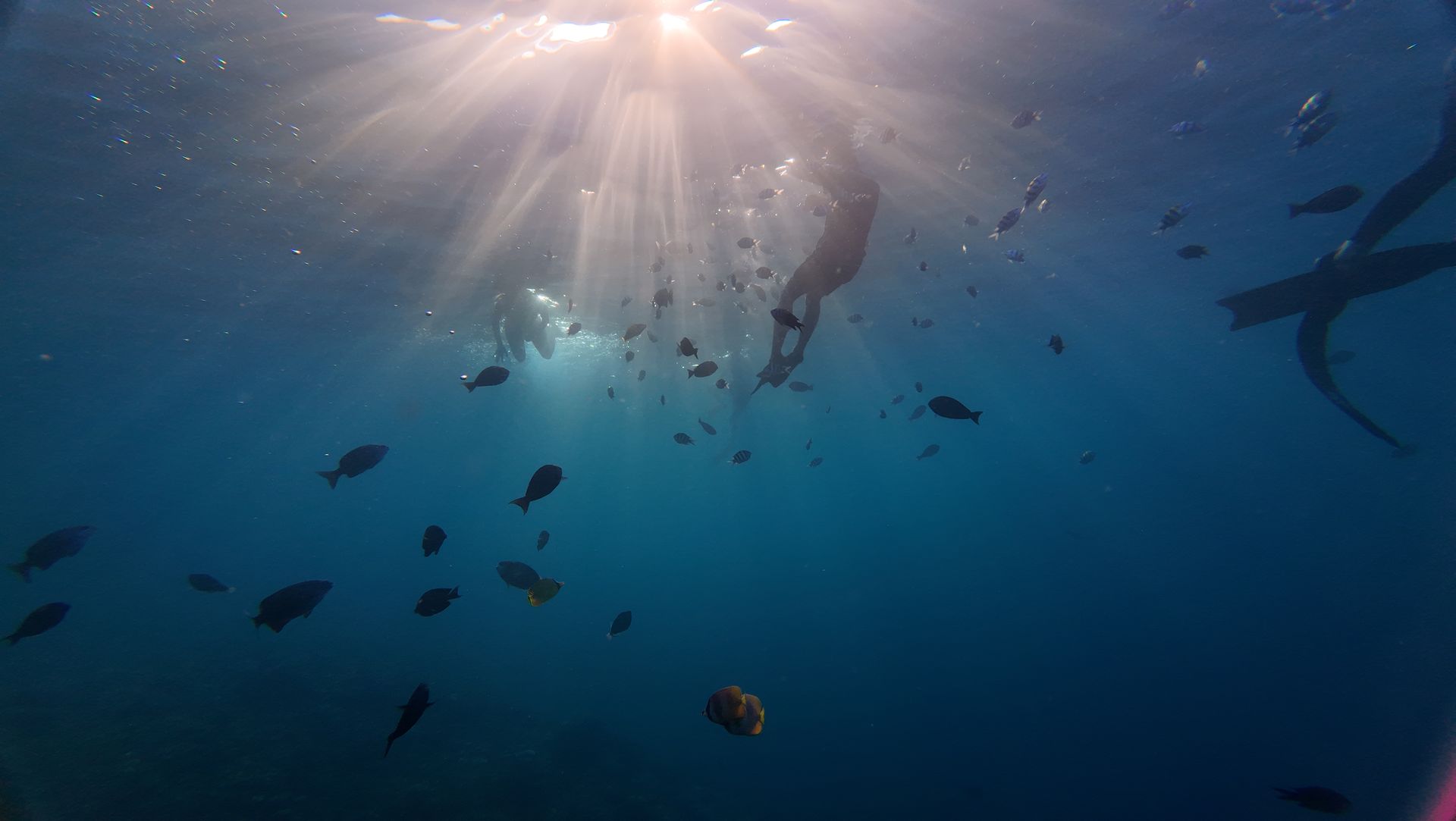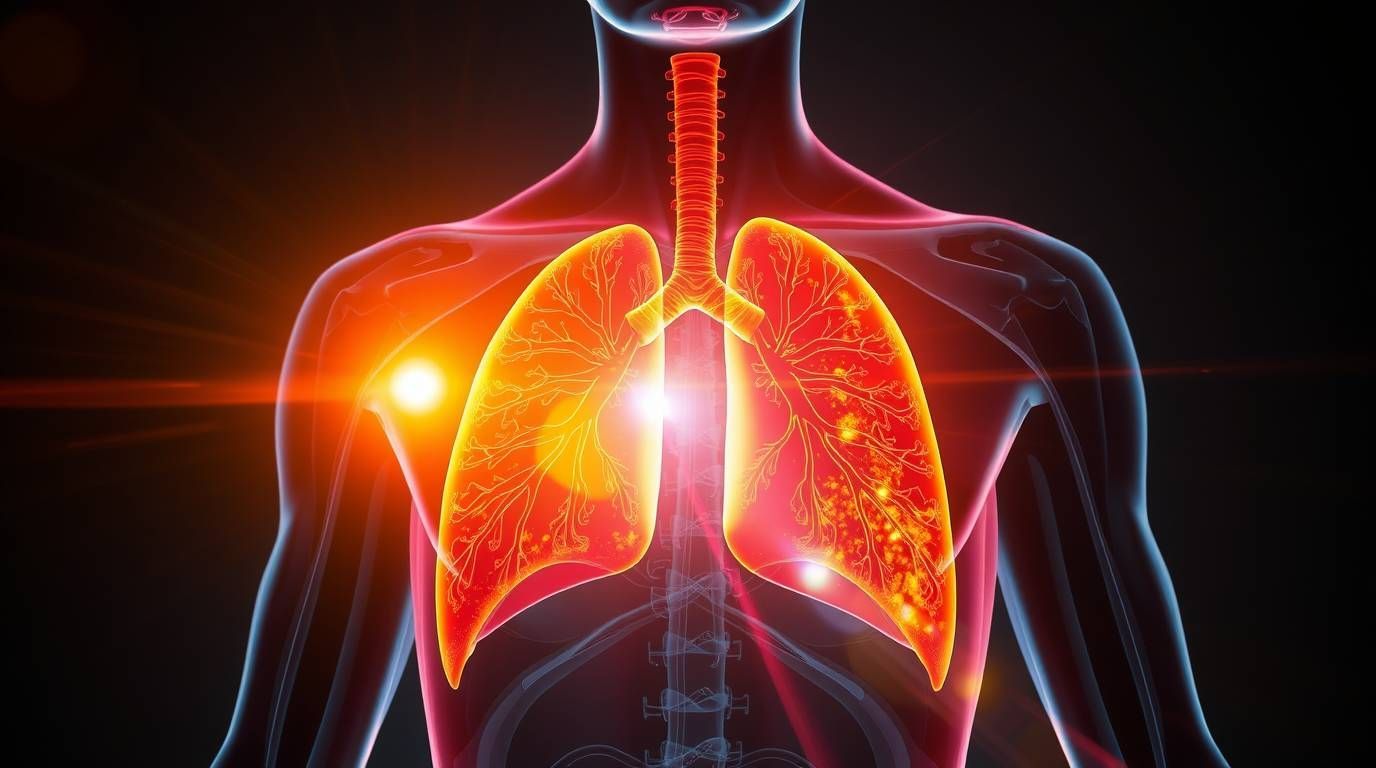Winter is Coming
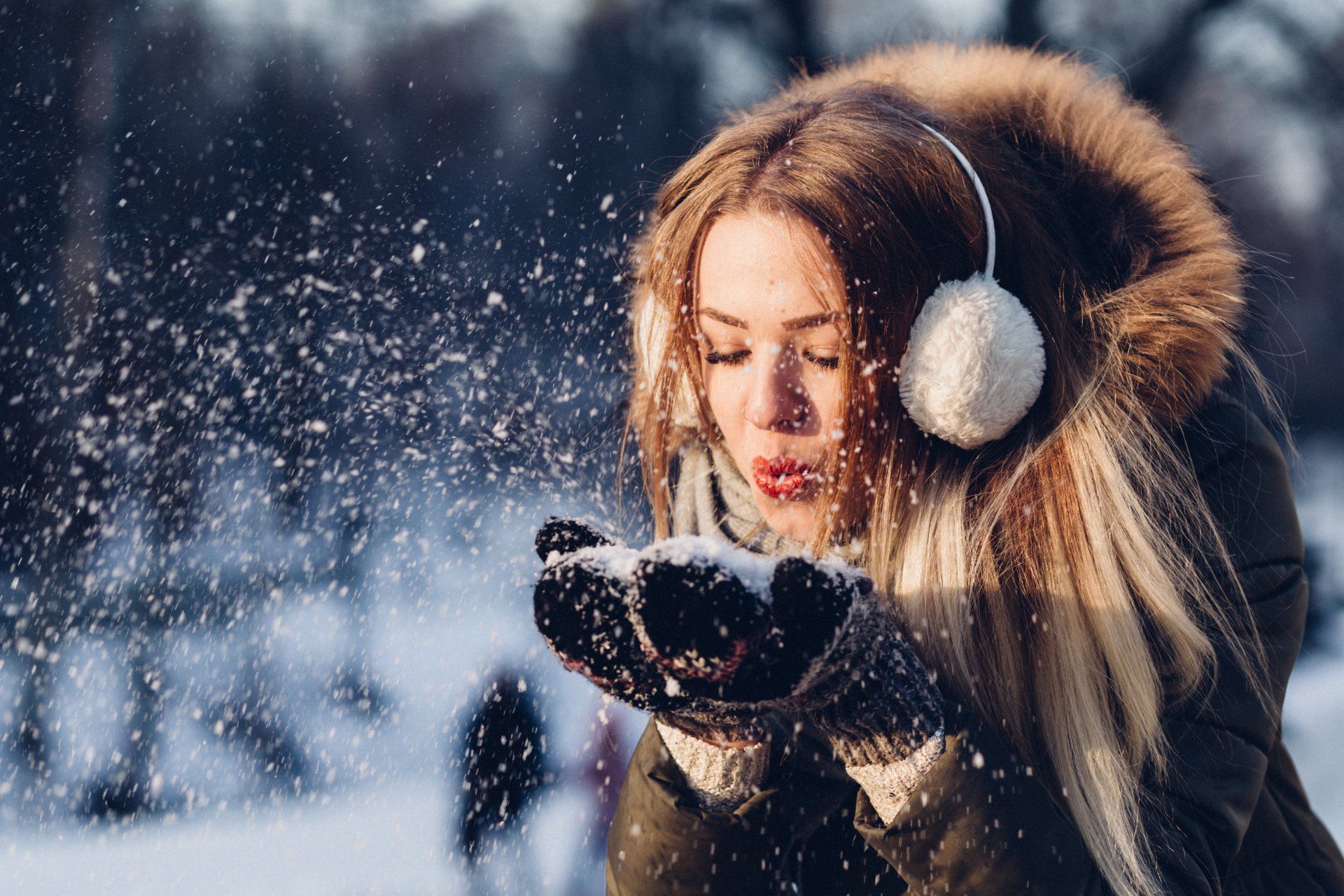
Freediving in Xiaoliuqiu in the Summer
Crowds
As with most vacation spots, Xiaoliuqiu also sees a summer rush of tourists with August being the worst month. This means higher prices for accommodation and many popular spots crowded: crowds at the restaurants, crowds in the water, crowds on some of the smaller beaches.
When it's crowded there could be around 100 divers diving in a particular area for training or teaching courses which is usually Meirendong or Dafu. You'll often get up to 4-5 buoys latched onto a mooring buoy.
Getting into or out of the water is like going in and out of a Taipei department store during rush hour.
And there's not just freedivers out there, there are scuba divers and increasingly more and more SUP and kayakers. Two weeks ago I saw some 30 SUP and kayakers coming in and out of Dafu at the same time in the small mouth of the entrance. Crazy.
Then you have to deal with your scooter. The road at Dafu is steep and narrow with a few scuba trucks in the way is a recipe for falling off your scooter.
After spending most of my adult life in big crowded urban cities like Hong Kong, Shanghai, Berkeley and Taipei, I'm ready to ride out this phase of my life in relative seclusion, away from crowds. But if you don't mind crowds, by all means, ignore this section and move along.
Hot
I've never been a fan of the heat, especially when you add some humidity into the mix. Unlike cold weather where you can improve your bundling up strategy and buying more layers, there's not much you can do about the heat when you are outdoors except strategically covering up, shade and a robust hydration plan.
The highs here over the summer average 32 degrees Celsius with 80% humidity which is not ridiculously hot, but you tend to spend a lot more of your time outdoors here as you would with most small islands. And though I've helped adapt to the heat through cold immersion therapy, the summer heat still is really uncomfortable and can eventually wear you down until fatigue sets in.
But if you are heat loving like reptiles, no issues for you
Weather Conditions
It rains here 20x more during the summer months versus the winter months.
Why would rain matter if we are diving, we're all getting wet anyways right?
And rain brings much needed water to Taiwan especially when we were in a drought earlier this year.
The rain itself is not really the direct issue except the roads are a little slicker and increasing your chances of an accident, but visibility in the water is quite poor during and days after a rainy day. This is because rain brings grains of soil and dirt from running off the land which reduces visibility to as low as one meter. Which is not the end of the world, I have dove in places with poor visibility, but it certainly does reduce your enjoyment of diving.
During summer, sometimes grey skies and rain can last for 2-3 week periods, every year is different but this year saw 4 such periods. It can be very depressing when living here and disappointing if you are coming for a visit.
Summer is also typhoon season, a nightmare if you are taking a course and need to reschedule as schedules are quite full during the summer for many of the freedive instructors.
Why Autumn and Winter is Awesome
Less Crowded
Winter is definitely less crowded in Xiaoliuqiu except if there is a holiday like National Day.
Last year was a bit of an anomaly and was more crowded than usual as the rest of the world was shut off and Xiaoliuqiu was one of the only two places in Taiwan you can dive during the winter, the other being Kenting. With Taiwan looking to stay closed for the foreseeable future, it looks like this will repeat itself this winter.
Even when its more crowded than usual, it's still not really that bad.
No Rain, Better Visibility
Let's face it, when it rains on a small island, it sucks. Small island life is meant to be spent outdoor and the lack of indoor spaces reflect that. If it rains, there's not much to do but sit in your room and wait it out or walk or ride your scooter in the rain.
When it rains, it sucks to be here. But unlike you, who probably come here to either dive or relax in the island vibes, you ain't doing either when it rains. June, July and August brings the most rain according to Wikipedia.
As stated earlier rainfall is 20x that of the winter months while the winter months has 20% less sun hours, pretty awesome trade off in my humble opinion.
And with no rain, you get better visibility. 20-30 meters or more of visibility usually.
Burn a lot more calories
Thermal conductivity of water is 20x that of air so being in colder water will burn more calories as your body boosts metabolism to bring your body temperature back to normal by burning through your glycogen and fat stores.
That's why even though if you are 30 degrees of water which is only about 6 degrees colder than normal human body temperature, you will eventually start to feel cold after awhile even with a 3mm wetsuit on.
This is a major reason why once you start freediving regularly, kilograms will just melt off you. It's the easiest weight I ever lost and while eating a ton of food.
Not Hot, Not Cold
Winter last year was a bit of an anomaly as air temperatures dipped in the single digits celsius many times as did most of Taiwan. But the average low and high is 18-27° C; sounds like spring weather to me. Year round shorts weather for me and at most you just need to layer with a hoodie and/or a beanie. Average water temperature is 25°C in the winter which for me, a 3mm wetsuit if fine.
The water did get as low as 21° last year but I was fine with just a 3mm, but admittedly most people won't so you may need to add another layer of neoprene.
How to Prepare for the Cold
I sepnt most of 2020 diving in California and Las Vegas where water temperatures were 15-17 degrees Celsius, even in the summer. Cold water diving will require proper preparation.
Wetsuit Hacks
If you don't have one already, get a specialized two piece freedive wetsuit. These are warmer because 1) the attached hood which prevents water from entering from the neck 2) no zipper, zippers leak water 3) two piece allows for a more contoured fit than one piece thus less water pooling on the inside. And if you get a custom wetsuit, even better.
You could also get an open-cell wetsuit which has naked neoprene on the inside of the suit which sticks to your skin quite tight and thus keeps you semi-dry in an open cell wetsuit. You have to use water (preferably warm water) plus a lubricant of some kind to get into it, but it's well worth the hassle to keep warm.
I also have neoprene vests from decathlon which students can wear under or over their wetsuit giving an extra layer to cover your core to keep warm.
If you are on the more extreme side of cryophobia, you might want to consider upgrading to a 5mm wetsuit for winter.
On back-to-back weekends in Vegas diving in 16 degree waters, I dove once with a 7mm scuba wetsuit with a hood on and a 5.5mm open cell two piece freedive wetsuit and I can say with 100% certainty that the 5.5mm freedive wetsuit was much warmer.
Cover your hands, feet and head and vest
A lot of divers in warm waters leave their hands, feet and sometimes head exposed. However, these three body parts emit a lot of heat. Covering your feet with booties, hands with neoprene gloves and head with your hood at all times will prevent you from losing heat and getting cold
Cold exposure therapy
Check out this article on cold exposure therapy. If you are a freediver, you know that your body can adapt to pressure, higher CO2 levels and hypoxic conditions. It's no different with temperature.
If you expose yourself to the cold to a gradually greater degree, your body will adapt. You can start with taking cold showers everyday, not wearing a sweater when its a smidgen cold and then eventually jump into ice baths.
After months of 1-2x per week ice baths in 13 degree water for 30 minutes over 3 months a few years ago, I was able to take my dog out for a walk with nothing but t-shirt, shorts and sandals in 5 degree weather. The body is amazing.
Bring warm water to drink through the dive
Just as high thermo conductivity of water can make you cold, it can also make you warm. Drinking warm liquids is an effective method of warming yourself up from the inside out. The opposite is true with ice water on a hot summers day. Hydrating is important during a dive session, you might as well make it do two tings for you: hydrating and warming you up.
Time to Book a Course
So if you think that summer's gone and you've missed the chance to take a freedive course, very respectfully, you are wrong. So go ahead of read this guide to English speaking freedive instructors and book your freedive course now!
Contact me here if you'd like to discuss taking a course from me.
ACTIVITIES RECOMMENDED
JOIN OUR COMMUNITY
Contact Us
Recent Posts
CLICK ICON BELOW TO SHARE POST




